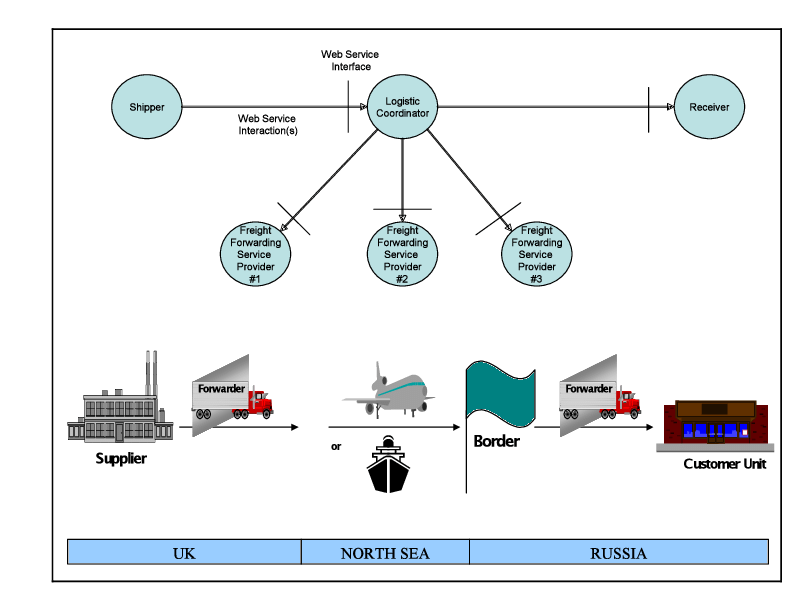Logistics project management is a crucial part of ensuring the efficiency and success of logistics operations in today's business environment. Logistics projects can involve tasks related to transporting goods from one location to another, supply chain management, or even the construction of new logistics infrastructure. In this article, we will explore how to effectively manage logistics projects to ensure success and optimize processes.
>>> Click here: Mastering the Art of Seamless Supply Chain Management <<<
Categorizing Logistics Projects
Logistics projects can be classified into different types based on their objectives and scope. Here are some common types of logistics projects:
Transportation and Delivery Projects
These projects focus on moving goods from point A to point B. They may involve selecting transportation modes, scheduling deliveries, and monitoring transportation status.
Warehouse Management Projects
This type of project concentrates on managing and optimizing operations within storage facilities. Tasks include warehouse design, inventory management, and optimizing the loading and unloading processes.
Supply Chain Projects
These projects aim to manage and improve the entire supply chain from suppliers to end customers.
Logistics Infrastructure Projects
These projects are related to the construction, enhancement, or management of logistics infrastructure such as ports, airports, or distribution centers.
- Step 1: Planning
The first step in logistics project management is planning. This involves defining the project's objectives, determining the scope of work, and establishing a schedule. A logistics project plan should be detailed, including all tasks, required resources, and responsible individuals.
- Step 2: Resource Identification
Once you have a plan, you need to identify the resources required to execute the project. This includes human resources, financial resources, equipment, and technology. Ensure that you have sufficient resources to carry out the project according to the plan.
- Step 3: Team Establishment
A strong and complete project team is a crucial element of effective logistics project management. You should identify the project manager, team members, and their roles. An experienced project leader will help ensure that the project runs smoothly.
- Step 4: Project Execution
During this stage, you and your project team will carry out the plan. This involves managing day-to-day tasks, monitoring progress, and ensuring that work is completed according to the plan.
- Step 5: Adjust and Review
As you execute the project, there may be changes or unexpected issues. In such cases, you need to adjust the plan and resources to keep the project on track.
- Step 6: Evaluation and Closure
After completing the project, you should evaluate the results and learn from the project. This evaluation helps improve future logistics project management. Make sure that all tasks have been completed according to the plan and that the project's objectives have been achieved.
Key Considerations in Logistics Project Management
- Here are some critical factors to consider in logistics project management:
- Progress Monitoring: Keep track of the project's progress and ensure it follows the plan.
- Budget Management: Manage the project budget to avoid exceeding the allocated financial resources.
- Risk Management: Identify and manage potential risks that may arise during the project.
- Data Analysis: Use data to make informed decisions in project management.
- Interactions: Interact with relevant stakeholders such as suppliers, partners, and customers to ensure optimal supply chain performance.
- Environmental Protection: Assess the project's environmental impact and promote environmental protection measures.
Conclusion
Logistics project management is a critical aspect of ensuring the efficiency and success of logistics operations. By planning, identifying resources, building a competent project team, executing the project, adjusting when necessary, and evaluating the results, you can ensure that your logistics project runs smoothly and achieves its goals.






















